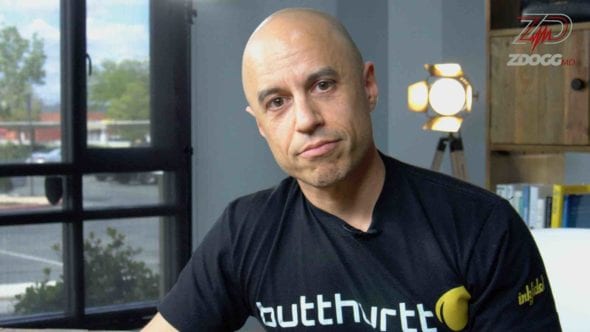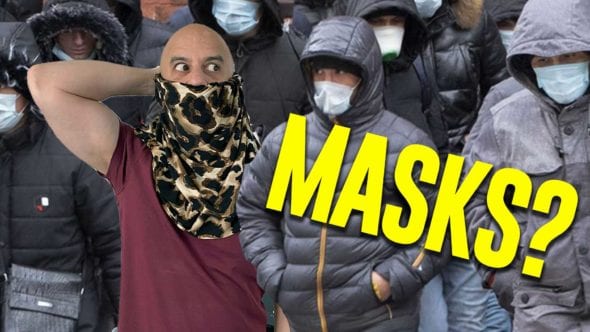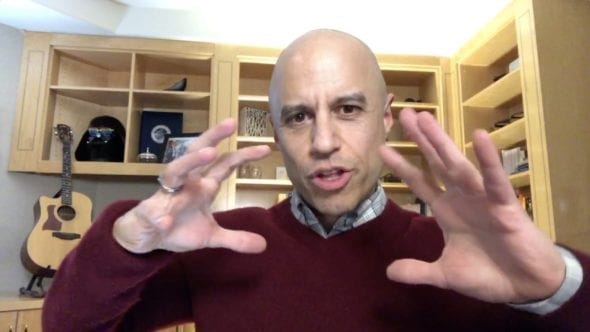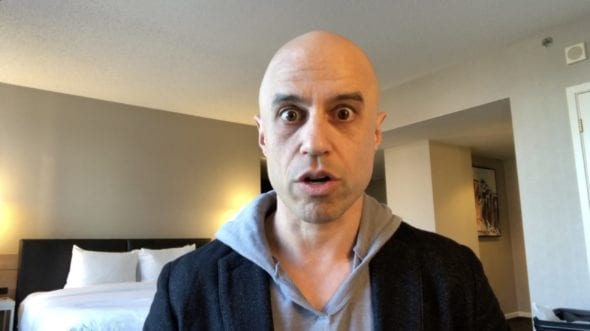Social media is abuzz with talk of the latest “miracle drug.”
Here’s how we might rationally think about this.
Full Transcript Below.
Hey guys, Dr. Z. Ivermectin. So everybody’s talking about this, I’m getting a lot of messages about this ever since Dr. Kory, who’s a physician, went in front of Congress for the Homeland Security panel or I think it was and was talking about how there’s a lot of emerging data around the world that Ivermectin, which is a 40 year old antiparasitic maybe even older than that, but anti-parasitic drug, which was felt to have some antiviral activity against COVID in vitro, in other words, in cell cultures not in the body, at higher doses than you typically give for the parasitic effect. Looking at all that data, he’s saying, Hey, we need to do something because this is showing efficacy in all the trials that are looking at it. And so he actually used the term, wonder drug.
And now everybody is very excited about this. Now, this is a group, I think they call themselves Frontline Critical Care Alliance or something along those lines. And this is how I think we should think about this because we don’t know the answer to the Ivermectin question, and it has a lot of sort of similarities to what we were doing with hydroxychloroquine early on. People saying, Okay, here’s an anecdote, here’s a small retrospective trial. Here’s a larger retrospective trial. In other words, looking backwards at data and going, Okay, who had gotten this and who didn’t get this? And let’s compare the groups after the fact. And it turns out there’s a lot of bias in those kinds of trials that it’s very difficult to control for. So they’re not the best trials. So forward-looking prospective trials that are randomized, that are preferably blinded so you don’t know whether you got something or not to have a placebo group, that’s really the gold standard to try to figure out, is something effective? And with hydroxychloroquine, when you do those trials, doesn’t seem to work again and again and again. And in fact, even treatments that may show some promise like Remdesivir, WHO does a big randomized trial, it doesn’t work.
We really want to grasp onto these ideas that medications are gonna save us from this thing. And that’s why I think there’s so much interest in this because these are pretty smart, well-intending physicians from reasonably reputable places coming and saying, “Hey, we need to do something right now.” Okay. I get it. People are dying everywhere. But we haven’t done a good prospective randomized trial on this so we should. So before we can call anything effective even in any meaningful way in this pandemic, it’s not that hard to do a prospective randomized trial when there’s so many patients getting infected with Coronavirus. It’d be reasonably easy to get enough numbers to do a trial for this. Right? now they cite trials in Egypt and Iran randomized trials. But looking at some of those, they’re smaller, they’re biased because you’re comparing against hydroxychloroquine or something. You need a placebo controlled trial or true standard of care trial. There’s different ways to structure it and we’ll talk about that in future shows.
But this is what I really wanna impress. Does Ivermectin work? Maybe. We don’t know for sure. Is there some evidence? Yeah. Is it strong evidence? I don’t think so. Not yet. There’s a lot of it though. And one of the problems is in South America, the governments of certain countries said, “Go ahead and start using this. “It’s available over the counter.” So a bunch of the population took it and they said, “Oh, look, we’re seeing decrease in cases, “decrease in mortality. “It’s good for preventing the infection. “It’s good for after you’ve been exposed, “preventing you from getting sick. “It’s good for once you’re sick. “It’s good for when you’re hospitalized.” But now you can’t even do a good placebo controlled randomized trial in South America because so many people have already taken the drug. These press conference and anecdotes and social media posts and things like that, they’re good for starting hypotheses and for directing us to do more research. They’re not science in and of themselves. And it can actually be harmful.
And I think people are looking for answers when actually the simplest things they refuse to do. Social distance, wash hands, wear a mask, don’t gather in large crowds. Okay, we don’t wanna do that. All right, then Ivermectin. Okay. There’s a vaccine now that’s 95% efficacious with a really good safety profile. How about that? I don’t want anything toxic in my body, but I’ll take Ivermectin, an anti-parasitic, that has, by the way, potential side effects, including neurologic side effects, including interactions with other medications. So what I’m asking for here is don’t shut down the research on Ivermectin, do MORE research on Ivermectin. Listen to these guys and actually follow up and look at the existing data in depth.
Absolutely we should do that, but, and I’ve talked to some smart people about this, we need to do it in a scientific way that isn’t anecdote driven, that isn’t emotion driven. And we need to do all the other things, the vaccination, all the social distancing, masking, all that other stuff, because that’s how you’re gonna get through a period where we’re getting hundreds of thousands of new cases every day and increasing death rates, which again, that’s the bottom line. Earlier I said, “Well, hit me when the death rate rises.” And it has. So now hospitals are full, people that I talk to on the front lines including my wife who goes to Stanford every day is saying, This is real. Every single person coming into the ER, whether or not they are coming for COVID are testing positive now. So this is widespread. Now, I think it’s going to come down. I think the end is in sight with the vaccination. But let’s again, not lose our minds and not fall victim to emotional appeals, but rather try to think as clearly as we can. So hopefully you’ll share this video. Hopefully we will do a piece very shortly on vaccination and I love you guys. We are out.
Category
- The ZDoggMD Show (817)
- Featured Videos (189)
- Doc Vader (142)
- Against Medical Advice (128)
- Medical Humor (95)
- Public Service Announcements (87)
- Music Parodies (74)
- Nurses (59)
- Meditation (45)
- The VPZD Show (38)
- ZVlogg (36)
- ZTalks (28)
- ZBlogg (24)








